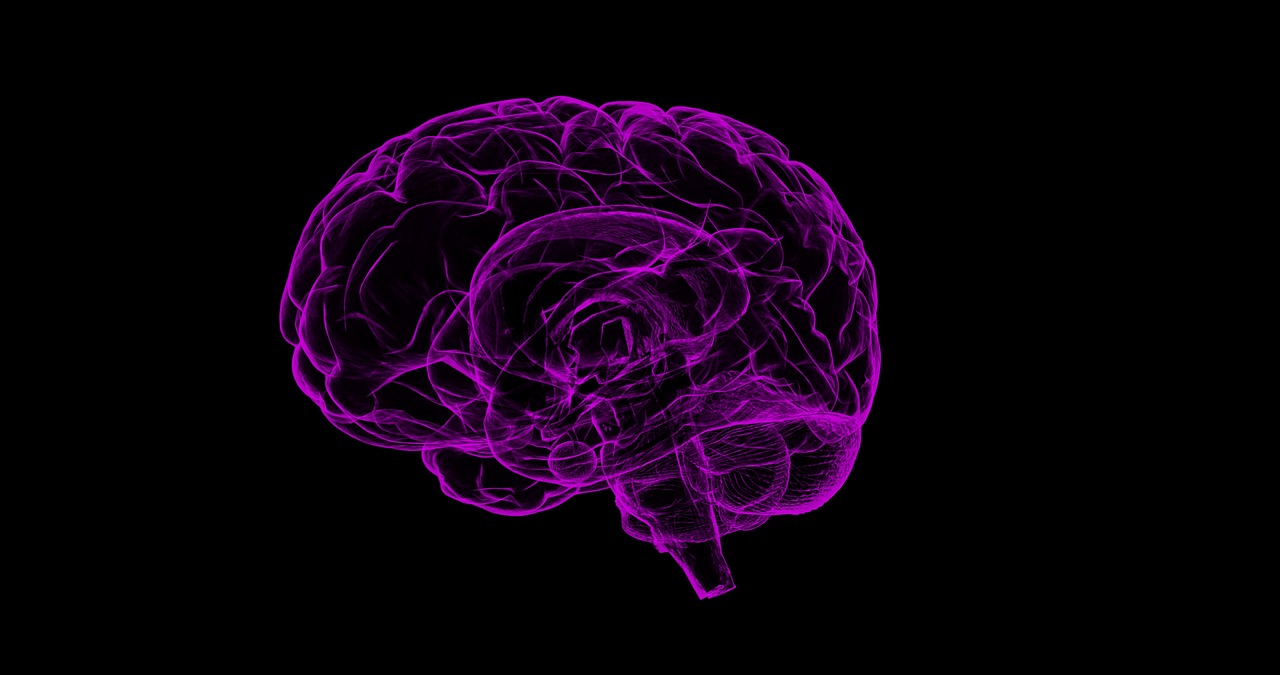Heart pain, also known as angina, can be a cause of concern for many individuals. The website claimfree.org offers valuable insights into the reasons behind heart pain, helping us understand this symptom and its potential underlying causes. In this comprehensive guide, we will explore the various factors that contribute to heart pain, including both cardiac and non-cardiac causes. By delving into the information provided, we aim to provide a deeper understanding of heart pain and its possible origins.
- Cardiac Causes of Heart Pain:
1.1. Coronary Artery Disease:
The most common cardiac cause of heart pain is coronary artery disease (CAD). This occurs when the arteries that supply blood to the heart become narrow or blocked due to the buildup of plaque. Reduced blood flow to the heart muscle can result in angina or chest pain.
1.2. Heart Attack:
Heart pain can also be a symptom of a heart attack, which occurs when a coronary artery becomes completely blocked, cutting off blood supply to a portion of the heart muscle. This can cause severe chest pain, often radiating to the left arm, shoulder, or jaw.
1.3. Myocarditis:
Inflammation of the heart muscle, known as myocarditis, can cause heart pain. This condition is often caused by viral infections, autoimmune diseases, or exposure to certain toxins. Myocarditis can result in chest discomfort, fatigue, and shortness of breath.
1.4. Arrhythmias:
Abnormal heart rhythms, or arrhythmias, can also cause heart pain. Conditions such as atrial fibrillation or ventricular tachycardia can lead to chest discomfort, palpitations, and a racing or irregular heartbeat.
- Non-Cardiac Causes of Heart Pain:
2.1. Gastroesophageal Reflux Disease (GERD):
Heartburn, a symptom of GERD, can mimic heart pain. The acid reflux from the stomach can irritate the esophagus, causing a burning sensation in the chest that may be mistaken for heart pain.
2.2. Musculoskeletal Conditions:
Musculoskeletal conditions, such as costochondritis (inflammation of the cartilage connecting the ribs to the breastbone) or muscle strain, can cause chest pain that resembles heart pain. These conditions are often triggered by physical activity or injury.
2.3. Anxiety and Panic Attacks:
Intense anxiety or panic attacks can manifest as chest pain or discomfort. The physical symptoms of anxiety, such as rapid heart rate, shortness of breath, and tightness in the chest, can be mistaken for heart pain.
2.4. Lung Conditions:
Certain lung conditions, including pneumonia, pleurisy (inflammation of the lining around the lungs), or pulmonary embolism (blockage of a lung artery), can cause chest pain that may be felt as heart pain.
- Seeking Medical Evaluation:
It is crucial to seek medical evaluation when experiencing heart pain to determine the underlying cause and receive appropriate treatment. A healthcare professional will conduct a thorough evaluation, which may include a physical examination, medical history assessment, and diagnostic tests such as electrocardiogram (ECG), stress test, echocardiogram, or coronary angiography.
- Prevention and Management:
4.1. Lifestyle Modifications:
Adopting a healthy lifestyle is essential for preventing heart-related conditions. This includes maintaining a balanced diet, engaging in regular physical activity, managing stress levels, quitting smoking, and limiting alcohol consumption.
4.2. Medication:
In cases where heart pain is caused by cardiac conditions such as CAD or arrhythmias, medications may be prescribed to manage symptoms and reduce the risk of complications. Medications can include nitroglycerin, beta-blockers, calcium channel blockers, or antiplatelet drugs.
4.3. Psychological Support:
For non-cardiac causes of heart pain related to anxiety or panic attacks, psychological support may be beneficial. Techniques such as cognitive-behavioral therapy (CBT) or relaxation exercises can help manage anxiety and reduce chest pain symptoms.
Conclusion:
Heart pain can arise from various cardiac and non-cardiac causes, each requiring different approaches for diagnosis and management. Understanding the reasons behind heart pain is crucial for seeking timely medical evaluation and appropriate treatment. While cardiac causes such as coronary artery disease and heart attacks are common, non-cardiac causes like GERD, musculoskeletal conditions, anxiety, and lung conditions should also be considered. By being aware of the potential underlying causes and seeking medical attention when necessary, individuals can take proactive steps to maintain their heart health and overall well-being.












Most Commented